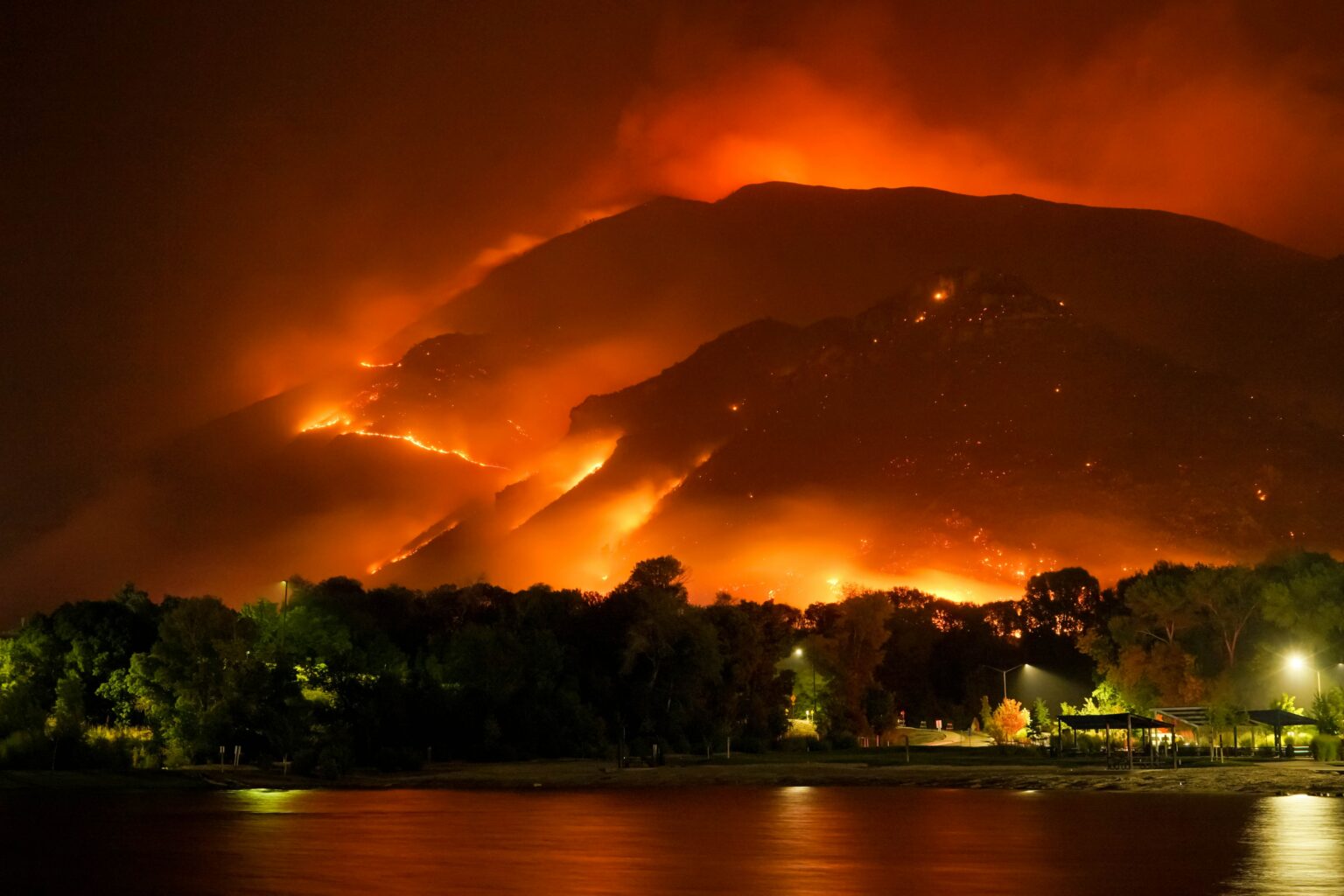As climate change brings warmer, drier weather out west, making wildfires hotter, larger and more deadly, Congress says the Federal Emergency Management Agency (FEMA) needs to develop more sophisticated ways of responding to them.
To that end, lawmakers in the lame duck approved a bill updating an emergency response system critics say has been more suited to natural disasters other than fire. It was passed along bipartisan lines in both the House and Senate.
According to the bill’s sponsor, Sen. Alex Padilla (D-CA), its goal is to ensure the agency has processes to recognize the needs of communities across the country impacted by wildfire. Currently, FEMA does not even always identify wild-land fires as major disasters.
The bill would allow the agency to reimburse state and local agencies who put firefighting resources in place in advance of a fire earlier than they do now.
It would also require FEMA to develop a plan for recognizing that melted roads and infrastructure can be part of wildfire damage, and direct the agency to develop a protocol for responding to wildfire in disadvantaged communities.
Padilla said FEMA provided technical assistance in developing the bill.
Poor communities are particularly at risk of being denied funding for wildfire repairs, in part because the low value of homes makes it harder to meet minimum levels for financial damages set by a complicated formula, Bryan Schenone, Emergency Operations Director in Siskiyou County, near the Oregon border, told Reuters.
When Reuters asked FEMA for a comment on the Padilla bill, it pointed to a June statement by its Administrator Deanne Criswell acknowledging that climate change has fueled ever-larger and more frequent fires, adding “we simply cannot shy away from the work required to mitigate future risk.”
FEMA has been on the ground, providing temporary housing and counseling to survivors of wildfire in recent years, gaining expertise with experience as fires become more frequent.
Across the U.S. as of Monday 64,835 wildfires had burned 7,421,439 acres in 2022. It was the most wildfires reported to-date in the past 10 years. The number of acres burned this year was above the 10-year average of 7,110,298 acres.


